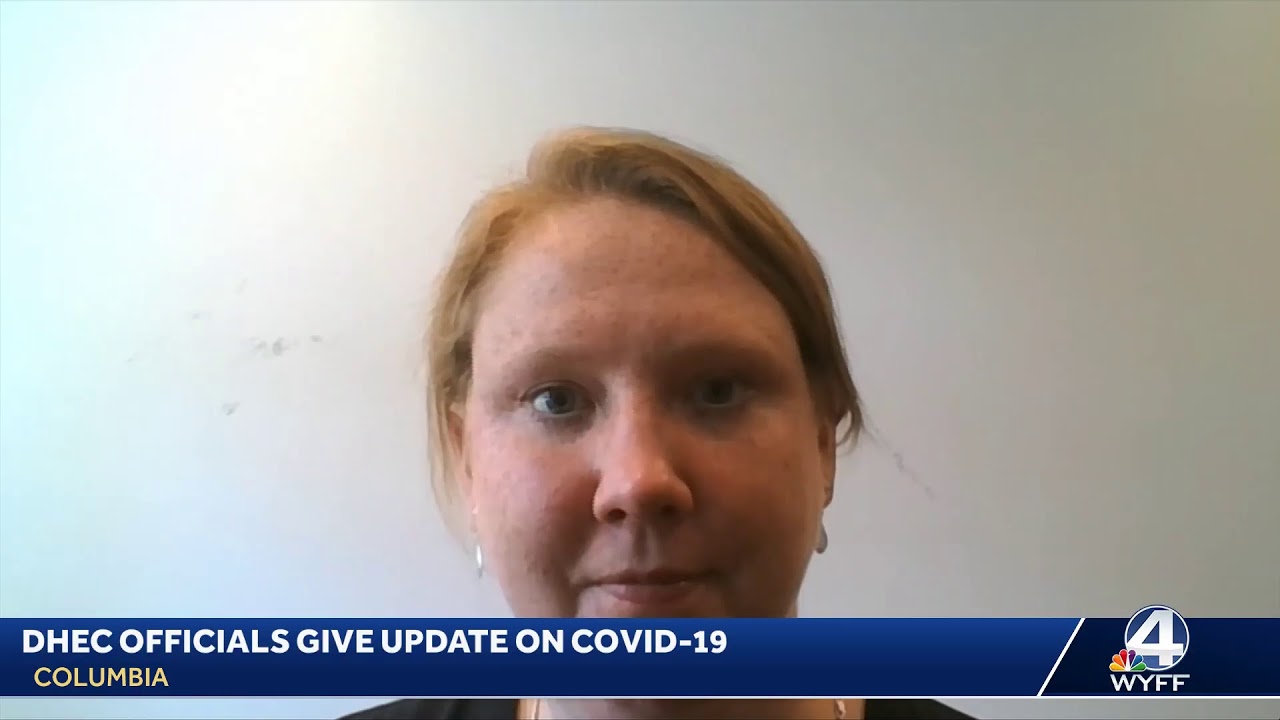The secret treat was sometimes grits, sometimes salmon croquettes.
Whatever the special offering, the Black dining hall employee who gave it to Rawn Harbor ’71 did so with a sense of knowing, a recognition that Harbor and the five or so others were doing something difficult and important.
Harbor, one of Furman’s first African American students, had not planned to go Furman or, really, to any college. The people he had grown up with in the New Town Park neighborhood of Greenville, South Carolina, were not attending college.
But Furman had recently opened its doors to Black students. And Harbor’s school music teacher, Carmelita C. Hopkins, and his pastor, Rev. David C. Francis of Springfield Baptist Church, made him apply, seeing in him a potential that could not be ignored. Harbor’s mother had died when he was 3, so his aunt and members of the community had raised him.
Rawn Harbor ’71.
When Harbor arrived at Furman, he discovered that he was truly poor. The middle class Black students from his segregated high school had revealed this to some extent. But at Furman, it was a different world entirely. Students spoke of going skiing, visiting the Adirondacks and vacationing in Italy.
“I was certainly filled with anxiety,” said Harbor. “These were people I’d never been around before, talking about things I’d never experienced.”
The disparities in K-12 education between Blacks and Whites required Harbor to complete a summer catch-up term at Furman before his first fall semester. His history teacher










